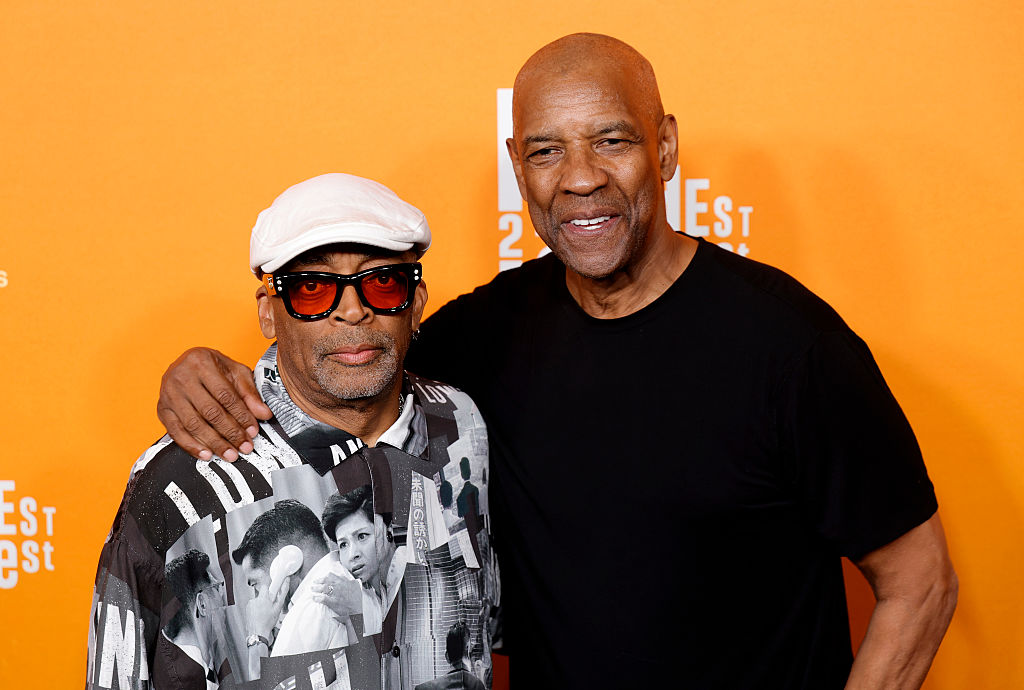Mistaken Assumptions About Long-Term Love
Mistaken Assumptions About Long-Term Love
By Esther Perel
1. Honesty equals truth-telling and lying is deception. There is a pervasive notion in American culture that lying between spouses is inherently problematic. But could it be an act of caring? What if instead of equating respect with confessional honesty, we equated respect with the preservation of our partners’ honor and peace of mind, even if that means telling gentle untruths. After all, isn’t this why Sara never told Abraham that he was old and wrinkled? Ironically, this confessional interpretation of honesty disrespects the recipient of the information by failing to consider what it would be like for him/her to live with the disclosure. By contrast, other cultures do consider what it would be like for the recipient of the information to live with the burden of knowing. After all, honesty can be cruel. For that reason, I tell my clients that they should not say things that will stick to their partner’s skin. Not everything needs to be said and not everything needs to be known because, let’s face it: Truth and hostility often live side by side and not all honesty is salutary
2. Sexual problems implicate relationship problems. In our modern society, we believe that if a couple has sexual problems, they must come as a result of relationship problems. We see sexuality as a metaphor for the relationship. Thus, we say “fix the relationship and the sex will follow.” However, this is a convenient assumption, it’s not always the case and fixing the relationship does not always fix the sex. While love and desire may relate, they also conflict … and therein lies the mystery of eroticism. For while two people may love each other deeply and truly in the kitchen, the same may not be true in the bedroom. Rather, sexuality is a parallel narrative that tells its own story. Otherwise, how do you explain a couple who claims to love each other as much as ever but experiences sexual difficulties or fails to share any physical intimacy at all?
3. Love and desire go hand in hand. For centuries, marital sex was either a “wifely duty” or it was sex for reproduction. Then we did away with the loveless marriage and replaced it with the marriage of love and desire. Gone are the old rules, but now we face a new predicament: gone is the sex, full stop. You see, in every corner of the globe, the romantic ideology of modern love and coupledom has left citizens of the world wondering about, and preoccupied with, the dilemmas of desire. At every turn, couples around the world are chasing the desire dragon. We, the beneficiaries of the sexual revolution, have contraception in hand, egalitarian ideals in our head and the permission to do what we want. Yet, we don’t feel like doing it — or at least not at home. Couples cultivate closeness with the expectation that more intimacy will bring better sex. The message is the same; we all got the memo: the more you know, the more intimate you become (and you become intimate by revealing every little detail about yourself), and the better the sex will be.
4. Male sexuality is uncomplicated, mechanical and biologically motivated rather than relational. Women, on the other hand, are creatures of meaning. Women require a long list of conditions to generate sexual desire and yield sexual satisfaction. Men just need frequent, constant, spontaneous sex; they are biologically driven and rigid, always interested in sex and less affected by moods than their female counterparts. Let me challenge these assumptions.
5. The ideal union is egalitarian in nature. Rather, the best relationships are complementary. They honor the partners’ differences. The most successful couples are creative about maximizing rather than reducing or downplaying the complementarity between them. Moreover, it’s never the difference between the people that is the problem; it’s how they handle that difference. What couples fight about has little if anything to do with content. They fight because they feel unheard, disrespected, devalued and not acknowledged. They feel alone. That’s what people really suffer from in relationships.











